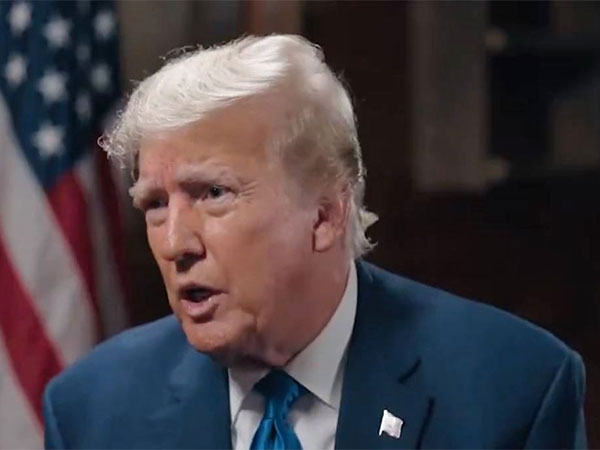Trade Tensions: Trump's Tariff Standoff
President Donald Trump has announced reciprocal tariffs on Indian imports, intensifying global trade tensions. The US aims to address trade imbalances but faces criticism amid its own high tariff practices. Experts argue these moves may not comply with WTO norms, raising questions about international trade relations.

- Country:
- India
US President Donald Trump has set the stage for a new chapter in global trade tensions by announcing reciprocal tariffs on Indian imports. The move is part of a broader strategy to tackle trade imbalances, particularly with major trading partners like India and China.
During the period from April to November 2024-25, the trade between the US and India amounted to USD 82.52 billion, with India enjoying a trade surplus. Despite being a significant trading partner, US concerns over trade deficits, specifically a USD 35.31 billion deficit in goods, have led to this tariff strategy.
Experts highlight that while the US criticizes India for its tariff policies, data shows that the US imposes significant tariffs itself. The World Trade Organisation's norms require member countries to adhere to specific tariff rules, and analyst opinions suggest the US's tariff measures might not comply with these regulations, further complicating the trade landscape.
(With inputs from agencies.)










